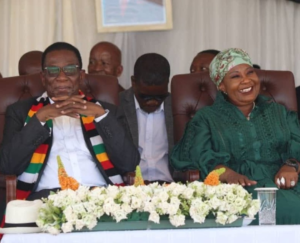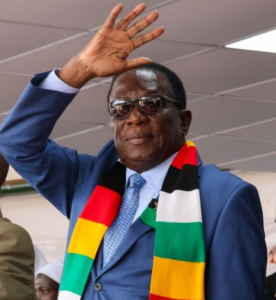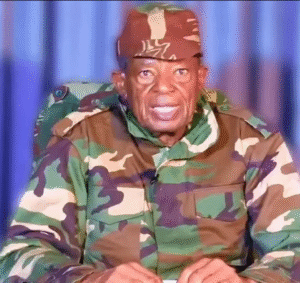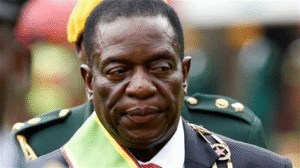THE ART OF POLITICAL DECEPTION: A TALE OF POWER, HYPOCRISY, AND DEMOCRACY’S DEMISE

In the intricate dance of politics, where the steps of possibility and compromise often lead the way, a darker rhythm often goes unnoticed – the art of hypocrisy. This shadowy performance has found a new protagonist in Sengezo Tshabangu, a figure who has recently emerged as a controversial player on the political stage. Claiming the title of a compromised opposition secretary-general, Tshabangu’s journey into the senate is marked not by the votes of the people, but through a strategy woven from subterfuge, deceit, and outright lies.
Tshabangu’s ascendancy to power is a story of political maneuvering that would make Machiavelli pause. By orchestrating the recall of genuinely elected Members of Parliament, senators, councillors, and even mayors, he cleared the path for his ascent and that of his associates – individuals previously rejected by the electorate. This move was not just a display of political ambition but an orchestrated coup against democracy itself, facilitated through the machinations of dirty politics.
The irony of Tshabangu’s rise to power is as palpable as it is bitter. Amidst vocal criticisms against the former Citizens Coalition for Change (CCC) leader Nelson Chamisa and his faction for imposing candidates – a claim not without merit – Tshabangu himself was hoisted into his position through a similar imposition. This hypocritical twist was supported by a formidable alliance comprising the executive, the parliament, the judiciary, and even state security agents. The goal was clear: to secure personal benefits for Tshabangu and his allies, as well as for the ruling Zanu PF party.
The hypocrisy that underpins Tshabangu’s political strategy is emblematic of a broader issue that plagues the political landscape. While he and his cohorts might argue that their actions were a means to an end, this rationale falls flat in the face of ethical scrutiny. Hypocrisy, no matter how it is dressed up or rationalized, can never be the foundation for reclaiming moral high ground. It erodes trust, undermines the principles of democracy, and ultimately, serves only those who wield it as a tool for their own gain.
The ramifications of Tshabangu’s actions extend far beyond the immediate upheaval they have caused. By replacing duly elected representatives with figures who have been rejected by the public, a dangerous precedent is set. It is a stark reminder that democracy can be hijacked, not just through overt acts of coercion or violence, but through the insidious spread of hypocrisy and deceit.
As the dust settles on this latest chapter of political machinations, the victors, for now, are Tshabangu, his allies, and the Zanu PF party. Yet, the true cost of their victory is borne by the very foundation of democratic governance. In their quest for power, the principles of fair representation, accountability, and the will of the people have been sidelined, leaving democracy as the biggest casualty.
This tale of power, hypocrisy, and the undermining of democracy serves as a cautionary reminder. It challenges us to reflect on the kind of politics we endorse and the methods by which we allow leaders to ascend to power. For as long as hypocrisy remains a tool in the political arsenal, democracy will remain under threat, a fragile system perpetually at risk of being undone by those who seek to manipulate it for their own ends.






